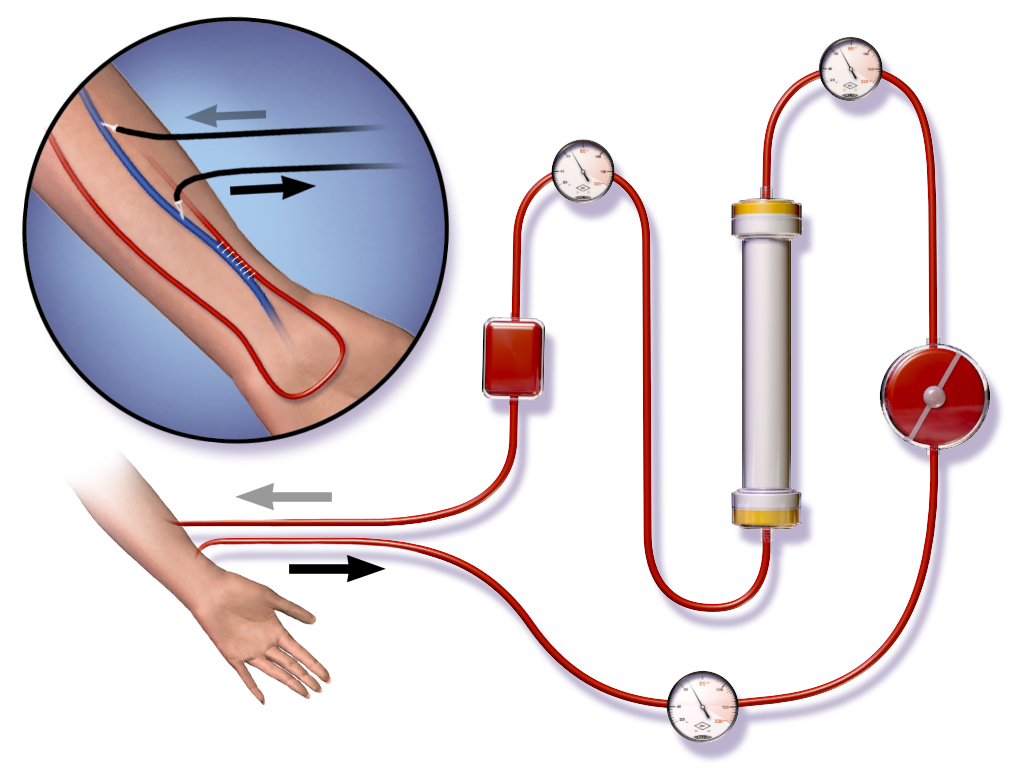Experiencing trauma can have profound and lasting effects on a person’s mental, emotional, and physical well-being. Trauma can stem from a variety of sources, including abuse, accidents, natural disasters, or witnessing violence. It can manifest in symptoms such as anxiety, depression, PTSD, and difficulties with relationships. Trauma therapy is a specialized approach that aims to help individuals process and heal from traumatic experiences.
Understanding Trauma Therapy
Trauma therapy is a specialized form of therapy that focuses on helping individuals heal from past traumatic experiences. It is based on the understanding that trauma can deeply impact a person’s thoughts, feelings, and behaviors, and that addressing these effects is crucial for recovery. Trauma therapy is often tailored to the individual’s specific needs and may involve various therapeutic approaches.
Approaches to Trauma Therapy
- Cognitive Behavioral Therapy (CBT): CBT is a common approach used in trauma therapy. It helps individuals identify and change negative thought patterns and behaviors that may be contributing to their trauma-related symptoms. CBT also teaches coping skills to manage distress and improve overall well-being.
- Eye Movement Desensitization and Reprocessing (EMDR): EMDR is another effective approach for trauma therapy. It involves using bilateral stimulation, such as eye movements or taps, to help individuals process traumatic memories and reduce their emotional intensity.
- Mindfulness-Based Therapies: Mindfulness-based therapies, such as Mindfulness-Based Stress Reduction (MBSR) or Acceptance and Commitment Therapy (ACT), can also be beneficial in trauma therapy. These approaches help individuals develop skills to stay present in the moment and cope with difficult emotions.
Benefits of Trauma Therapy
- Processing Traumatic Memories: Trauma therapy can help individuals process and make sense of their traumatic experiences, reducing their emotional impact.
- Reducing Symptoms: Trauma therapy can alleviate symptoms of anxiety, depression, and PTSD, allowing individuals to regain a sense of control over their lives.
- Improving Coping Skills: Therapy teaches individuals healthy coping mechanisms to manage stress and navigate challenging situations.
- Enhancing Relationships: Trauma therapy can improve communication and interpersonal skills, strengthening relationships and social support networks.
Conclusion
Trauma therapy plays a crucial role in empowering individuals to heal from past traumatic experiences. By addressing the effects of trauma in a safe and supportive environment, individuals can learn to cope with their symptoms, process their experiences, and ultimately, move towards a more fulfilling and empowered life. If you or someone you know is struggling with the effects of trauma, consider seeking support from a qualified trauma therapist who can help guide you on your journey to healing.





